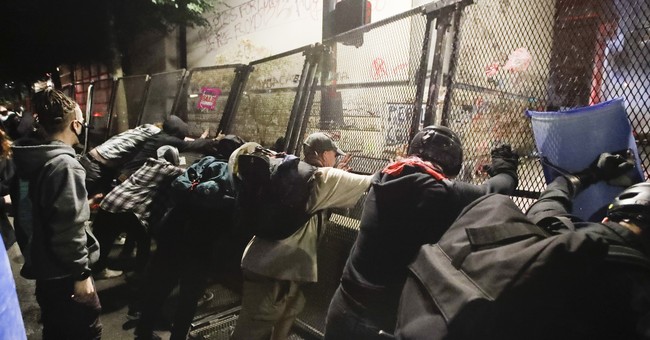
In a not-surprising-at-all development — if you have experience in the federal criminal justice system — among the “terms and conditions” of pretrial release granted to persons charged with federal crimes for their activities at the Portland riots, is a condition that they not — you know — keep rioting.
As reported first in ProPublica,
Federal authorities are using a new tactic in their battle against protesters in Portland, Oregon: arrest them on offenses as minor as “failing to obey” an order to get off a sidewalk on federal property — and then tell them they can’t protest anymore as a condition for release from jail.
This is a bit of blatant misreporting because “terms and conditions” of release on terms of supervised release — what federal “bail” is called — are imposed not by the “Federal authorities”, they are imposed by the Court. If the defendant wishes to be released from custody pending his trial, the Court simply says “You must follow the rules, and here are the rules I’m going to impose on you.”
The two overriding considerations for pretrial release are to minimize the “risk of flight”, and to ensure that the released individual is not a “threat to the community.”
“Defendant may not attend any other protests, rallies, assemblies or public gathering in the state of Oregon,” states one “Order Setting Conditions of Release” for an accused protester, alongside other conditions such as appearing for court dates. The orders are signed by federal magistrate judges.”
Another standard condition is that the defendant’s travel is restricted to the judicial district where they are charged. So the defendant can’t attend protests in Oregon, and he/she can’t leave Oregon to attend protests in other states. Get the point?
Protesters who have agreed to stay away from further demonstrations say they felt forced to accept those terms to get out of jail. “Those terms were given to me after being in a holding cell after 14 hours,” Bailey Dreibelbis, who was charged July 24 with “failing to obey a lawful order,” told ProPublica. “It was pretty cut-and-dried, just, ‘These are your conditions for [getting out] of here.’
“If I didn’t take it, I would still be in holding. It wasn’t really an option, in my eyes.”
That’s an LMAO reality-check. Seems like some of these naive rioters think “terms and conditions” are open to negotiation. “Forced to accept”??? You got that right — you get a sticker.
Constitutional lawyers said conditioning release from jail on a promise to stop joining protests were overly broad and almost certainly a violation of the First Amendment right to free assembly.
LOL again. You know what else would violate the “right to free assembly”?? Denying release and keeping them in jail. Restricting travel to the District of Oregon denies liberty to travel freely. Denying the right to meet with known felons is a denial of the right to assemble. Prohibiting the consumption of alcohol is a denial of liberty.
These are all standard conditions imposed by federal courts on defendants who want to be released pending trial.
As the article notes several times, the terms and conditions of release are signed by federal magistrate judges. In all districts I’m aware of, initial determinations on detention are made by magistrates. But a defendant can appeal a detention order, or the terms and conditions of release, to the District Court Judge to whom their case has been assigned. The District Court Judge makes an independent determination as to what appropriate terms and conditions should be, or whether a defendant should remain detained pending trial.
Because nearly all detention matters are decided by magistrates without any appeal, District Court Judges do very few such matters by comparison. As a result, they tend to be more unpredictable in how they react to certain facts and circumstances that come before them in this fashion. The ProPublica article points out that some of the people to whom the “protest ban” has been applied are only charged with petty misdemeanor crime such as “Failure to obey a lawful order” and “disorderly conduct”, and not with crimes of violence like others, such as assaulting a federal officer and arson. As to those charged with misdemeanors, it’s quite likely that the terms and conditions will be modified by a simple request to do so made through counsel to the Pretrial Services Officer.
But the bottom line is that once you are a charged defendant in federal court, none of your “constitutional rights” are the same as they were before you landed yourself in that jackpot. What you can do, where you can go, and who you can meet with are all subject to limitations the Court finds are necessary to meet the goals of the Bail Reform Act.
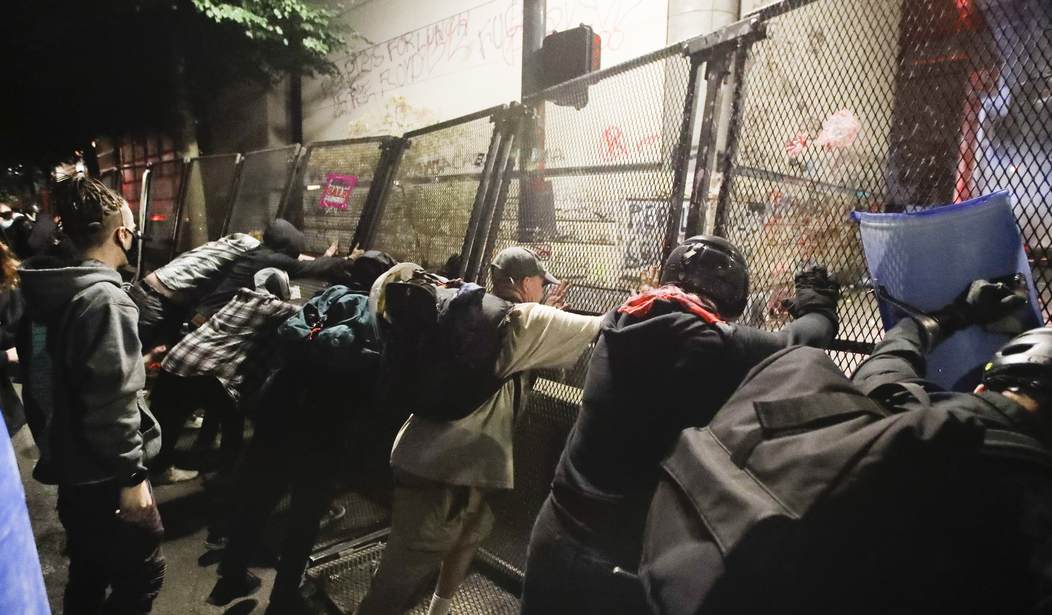





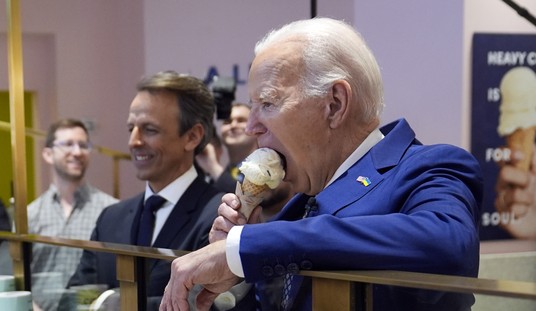



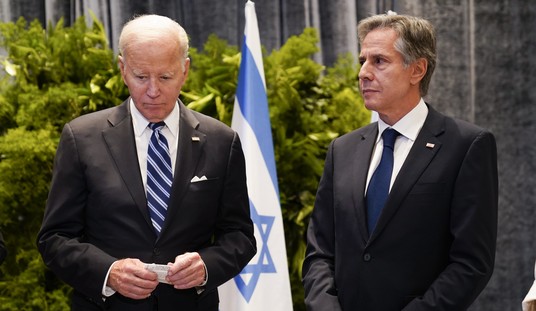

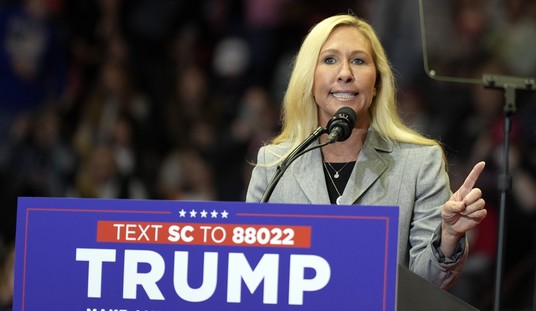

Join the conversation as a VIP Member